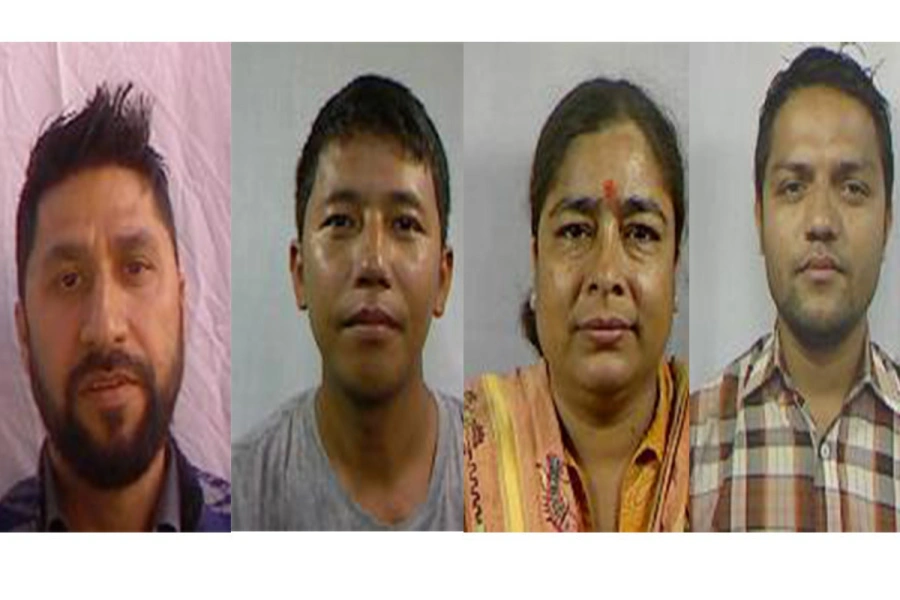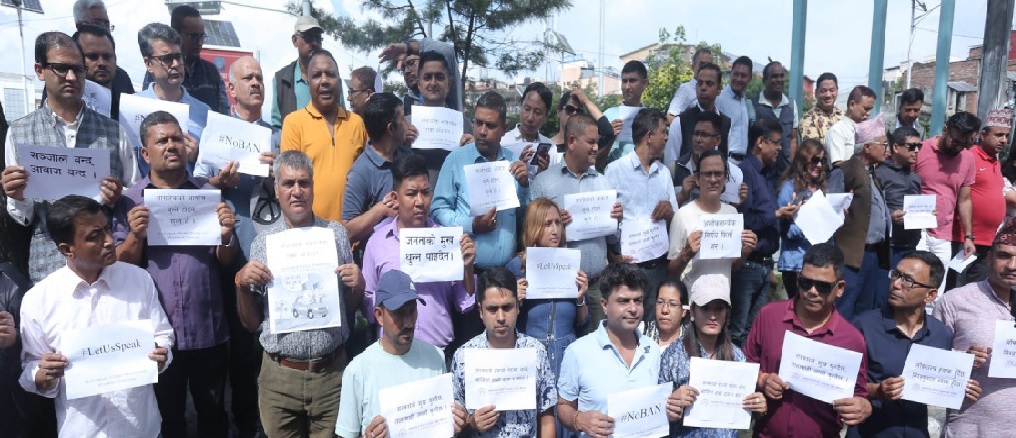Dissolution of the parliament itself is not a dictatorial move if there is a reasonable reason.
Is Prime Minister KP Sharma Oli’s decision to dissolve the parliament and call for a fresh mandate from the sovereign people a dictatorial move? Or is it a democratic move? In a democracy, people are given the opportunity to decide the fate of the nation through the right to vote in election, whereas dictatorship is run by a single individual without polling.
In democracy, sovereign people have the ultimate rights to decide the destiny of the nation. Nepal’s constitution clearly states “we, the people of Nepal, in exercise of the sovereign powers inherent in us… embracing the sovereign right of the people” promulgate the constitution of Nepal.
NC general secy accuses PM Oli of trying to impose dictatorship

In parliamentary democracy, head of the government has the power to recommend for the dissolution of the parliament. We have seen many examples of such move by the democratic government in many countries. Israel, for example, is going to hold its fourth general election within two years’ time.
Calling election is a democratic move. Even in Nepal, late Girija Prasad Koirala dissolved the parliament despite the majority of his own party, Nepali Congress. This was due to the internal conflicts in the party. Dissolution itself is not a dictatorial move if there is a reasonable reason. Prime Minister Oli has said that MPs’ signatures were being collected to overthrow the government by the leaders of his own party, who were not supporting the government and creating hurdle and interfering in the day-to-day running of the government. He has said despite leading a strong government, some leaders of his own party created troubles, making him feel like a prime minister of a coalition government.
Senior leaders of the ruling Nepal Communist Party wanted that the government should work in accordance with the party’s instructions and senior leaders should have fair share in the selection of officials in key constitutional bodies including Commission for the Investigation of Abuse of Authority (CIAA), Election Commission, ambassadors and others. There were at least 45 vacant posts in constitutional bodies. Nepal’s political party leaders are interested to send their men in CIAA, which is the main constitutional body to investigate corruption in the country.
When Prime Minister Oli tried to fill the vacant posts promulgating ordinance without consulting the party leaders, who had keen interests to send their own men, thunderbolt smacked. Running the government with the party programs and policies are normal parliamentary practices in a democratic system. However, just implementing the programs recommended by the party alone is not democratic practices and norms. It is more like a hard-line communist system.
Nepal’s ruling NCP is a democratic party. Thus it should follow the democratic norms, values and practices. In this context, Prime Minister Oli’s decision to go to the people is the best alternative to resolve the present crisis as leaders will have the opportunity to test their popularity.
Government’s decision can be challenged through the court and the issue is already in the Supreme Court. Therefore all political parties, leaders and general public should exercise maximum restraints and wait for the verdict. Sloganeering in the streets especially against the Supreme Court judges and judicial system at a time the debate is being held in the court is immature, anti-democratic and, in fact, smacks of dictatorial thinking. This is a tactic of arm-twisting, coercion, threat and intimidation against the judges to make them give verdict in accordance with their demands and wishes. The best solution is to wait until the Supreme Court gives its verdict and take a decisive action peacefully and constitutionally.
Those who read the statements of both the party chairmen presented to the party’s secretariat meeting clearly know that internal health of the party was already broken. There is no need to run away when Prime Minister Oli mentioned the transitional justice process, the Baluwatar land grab scam, and politicians’ fancy lifestyles, among others in his document, but wait, think and go to the people to get fresh mandate.
This is the only democratic way out at present. Pressure built from the streets to grab power may bring unaccepted results and democracy can be replaced by dictatorship.







































